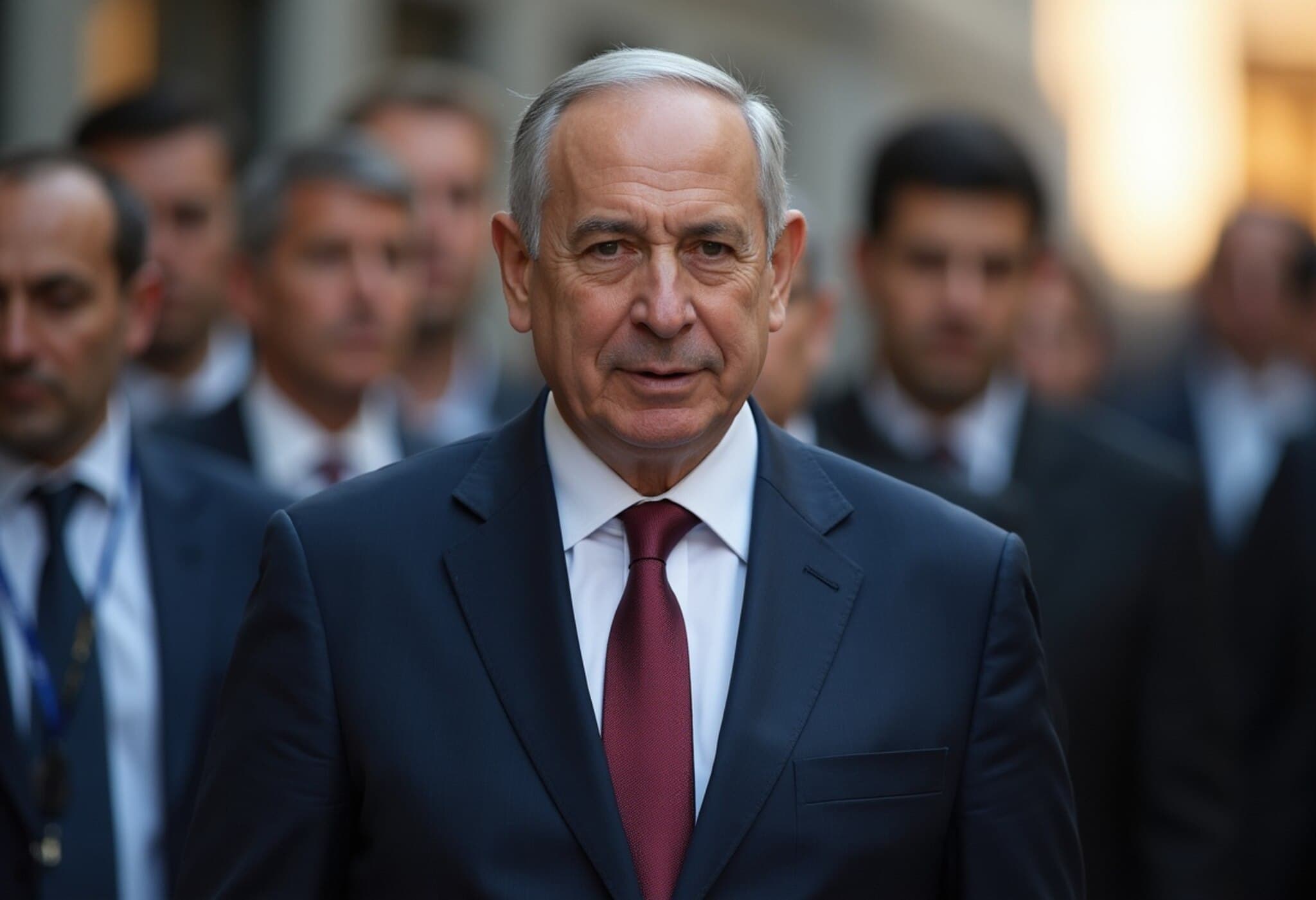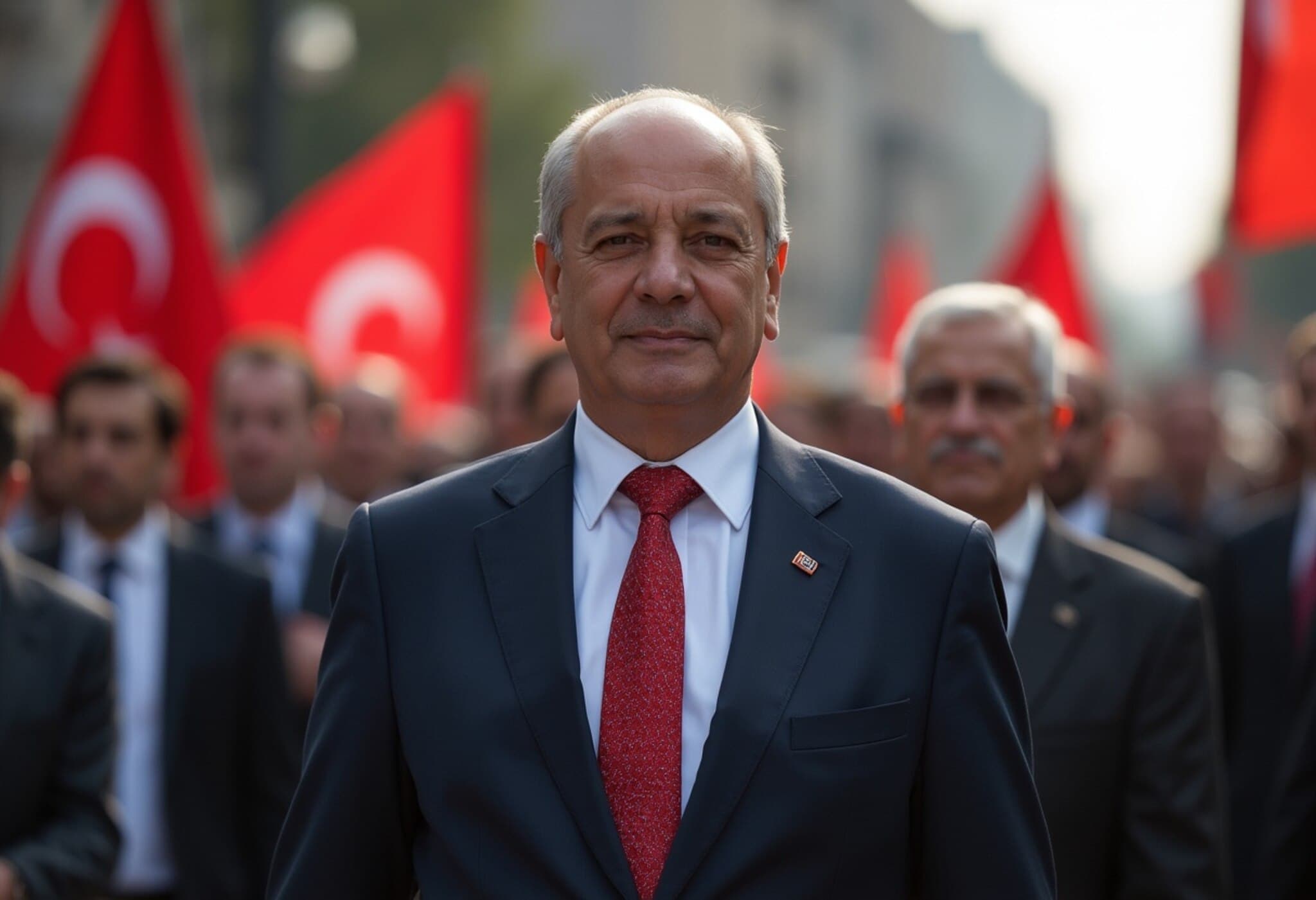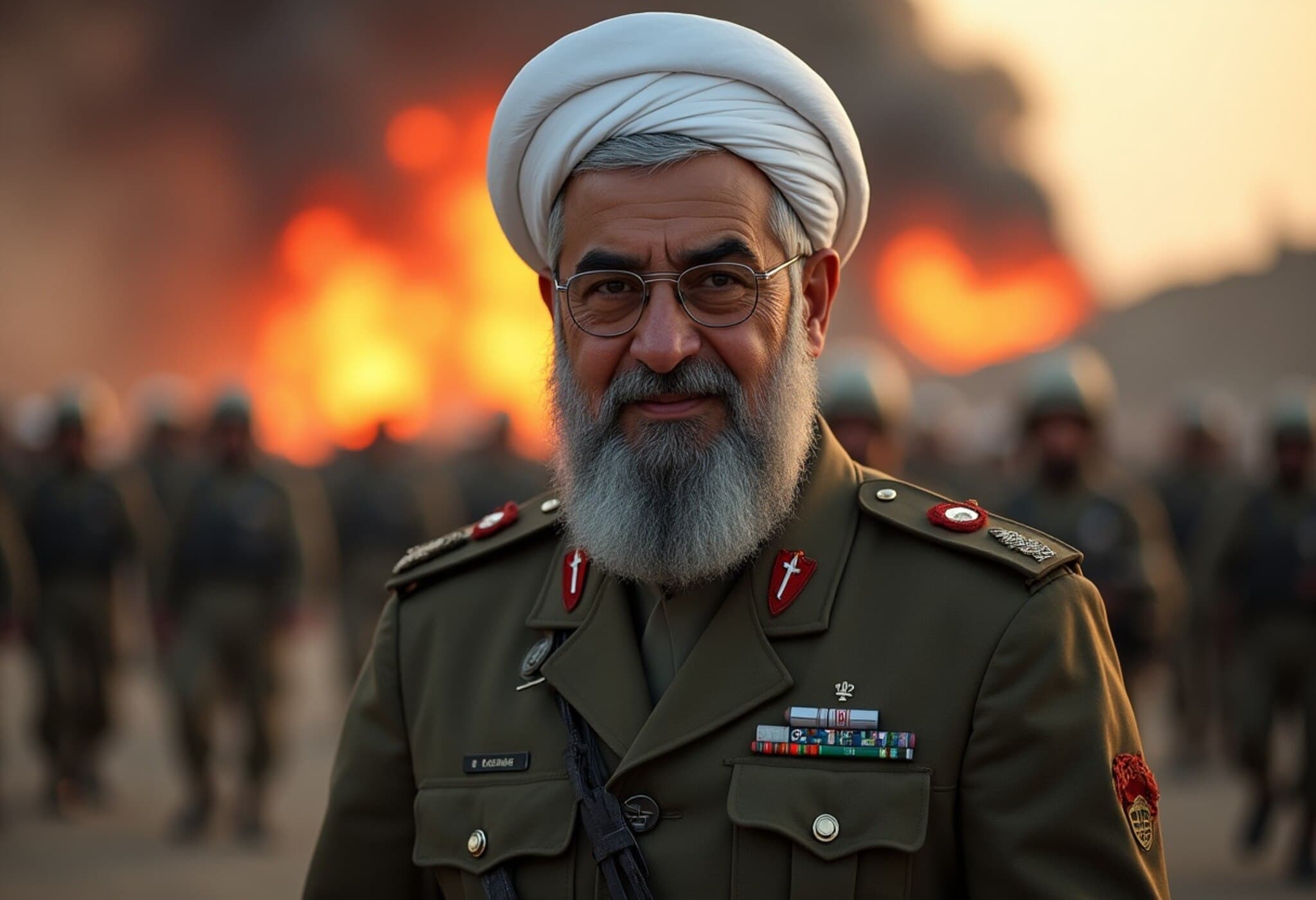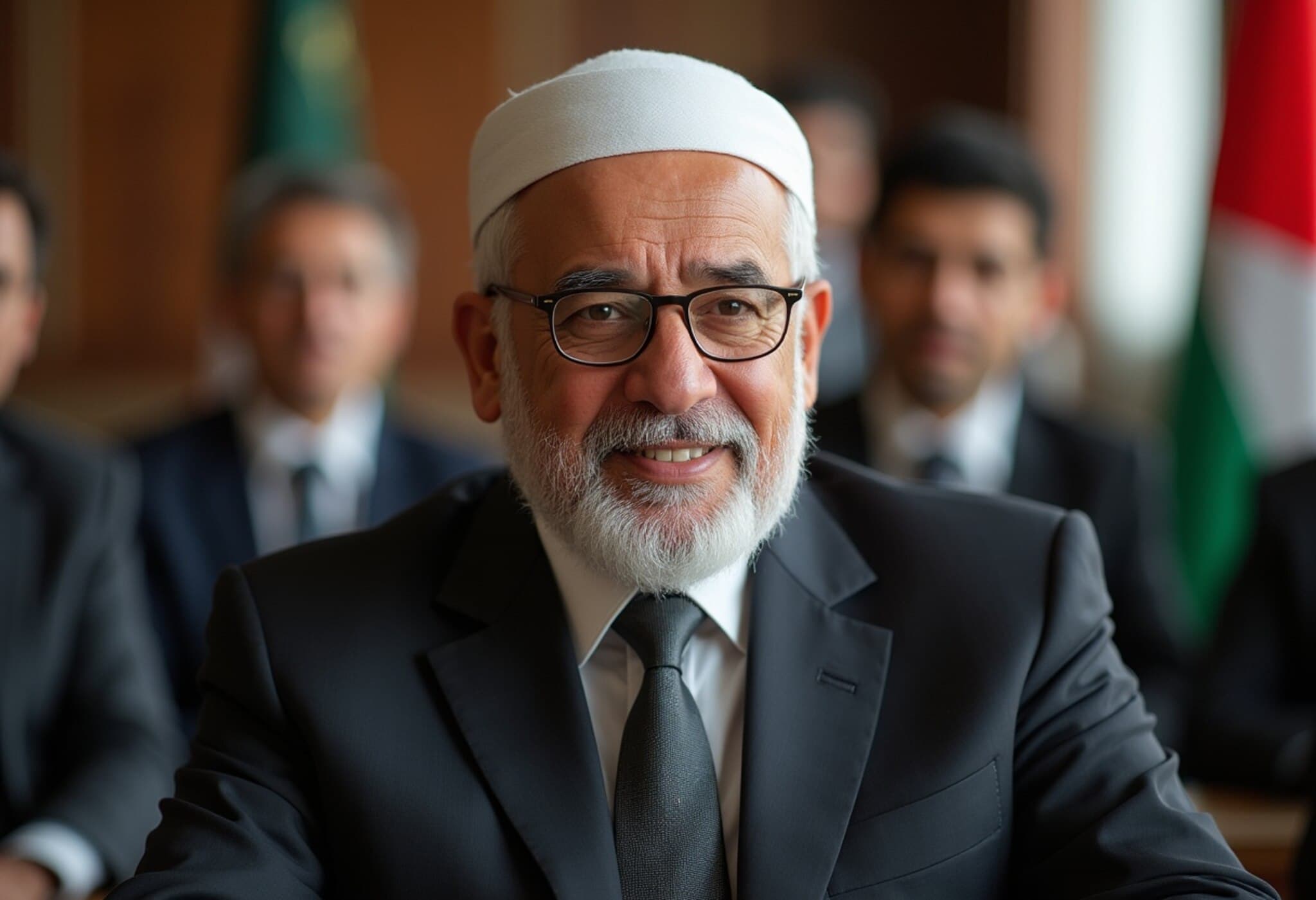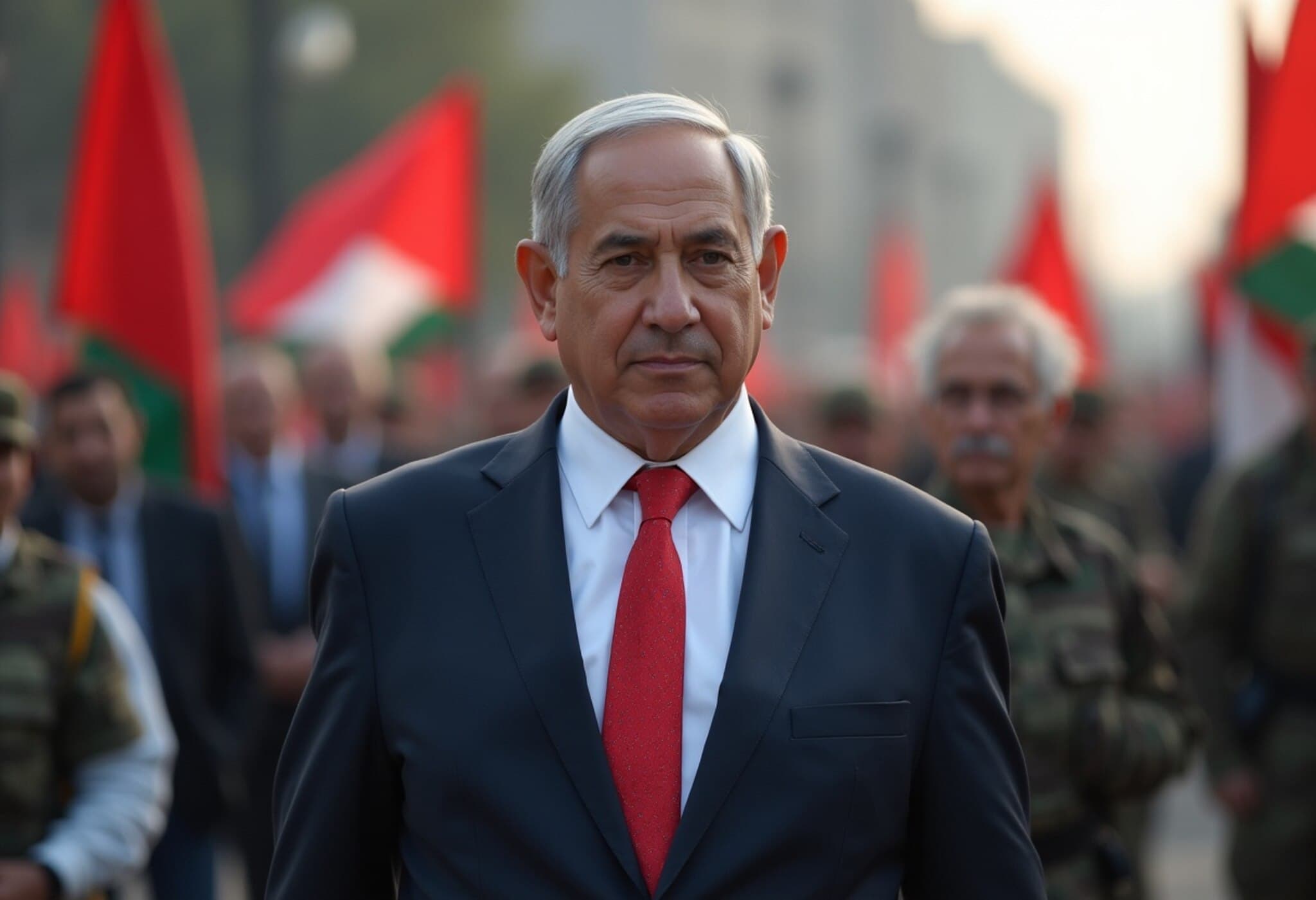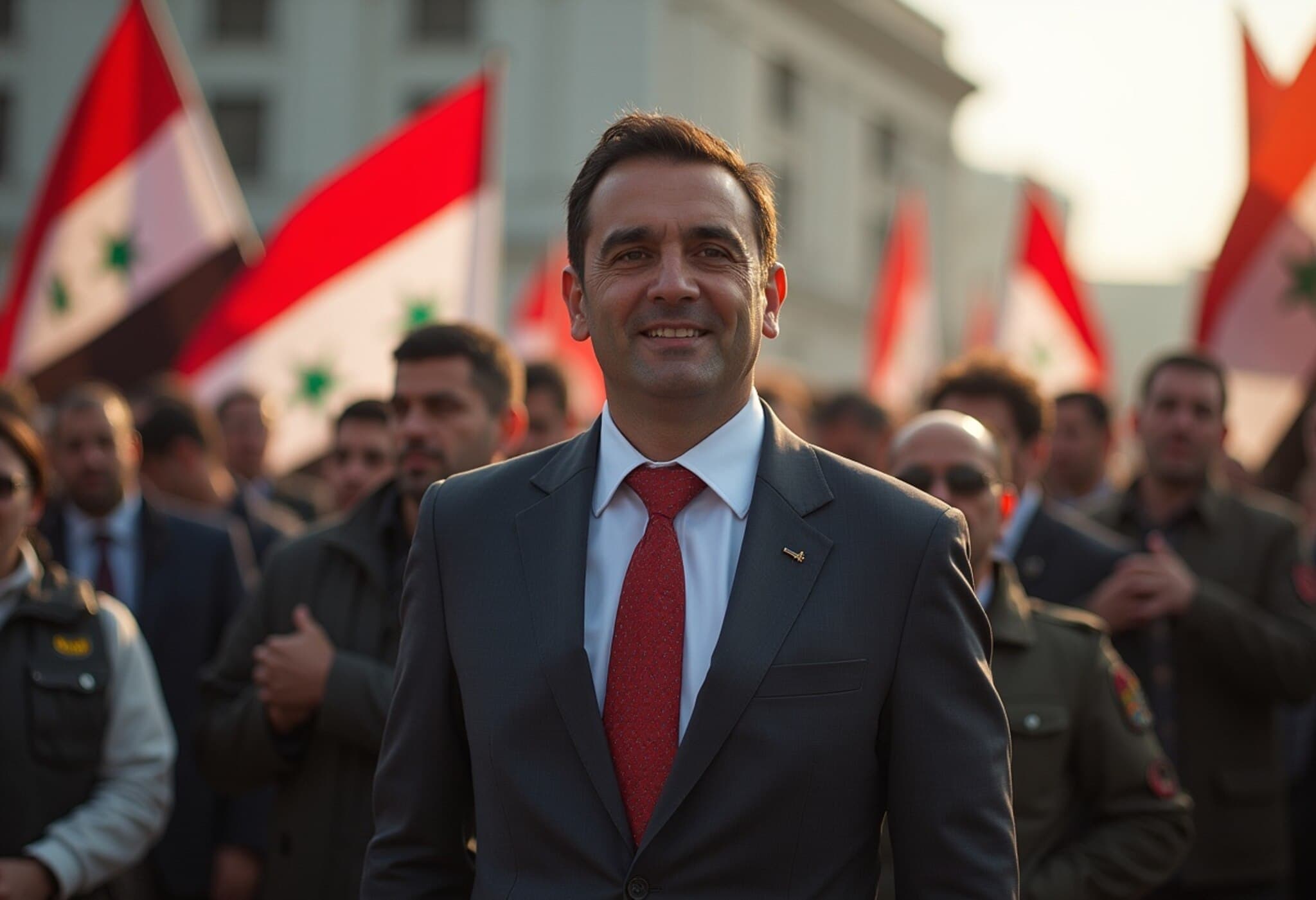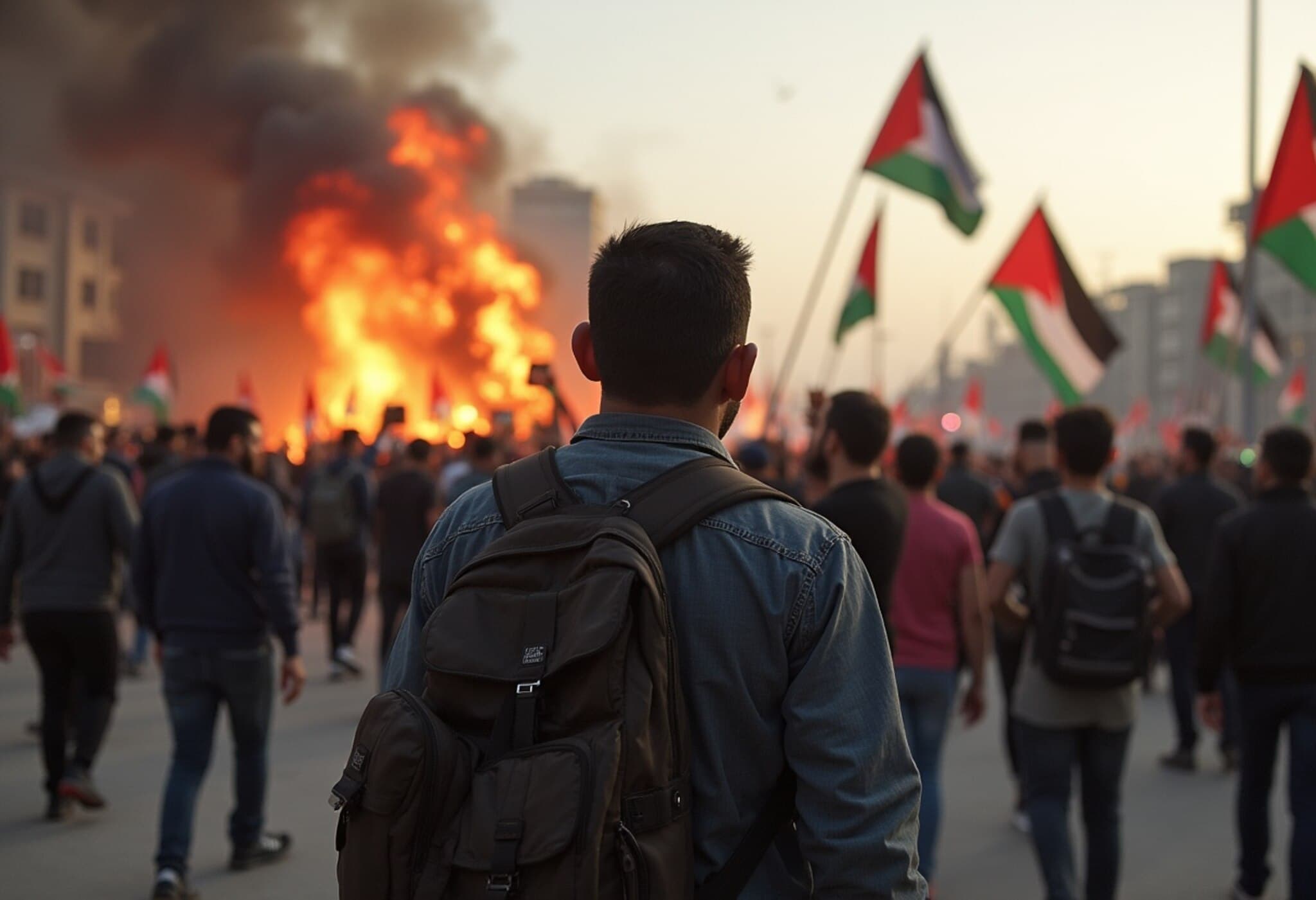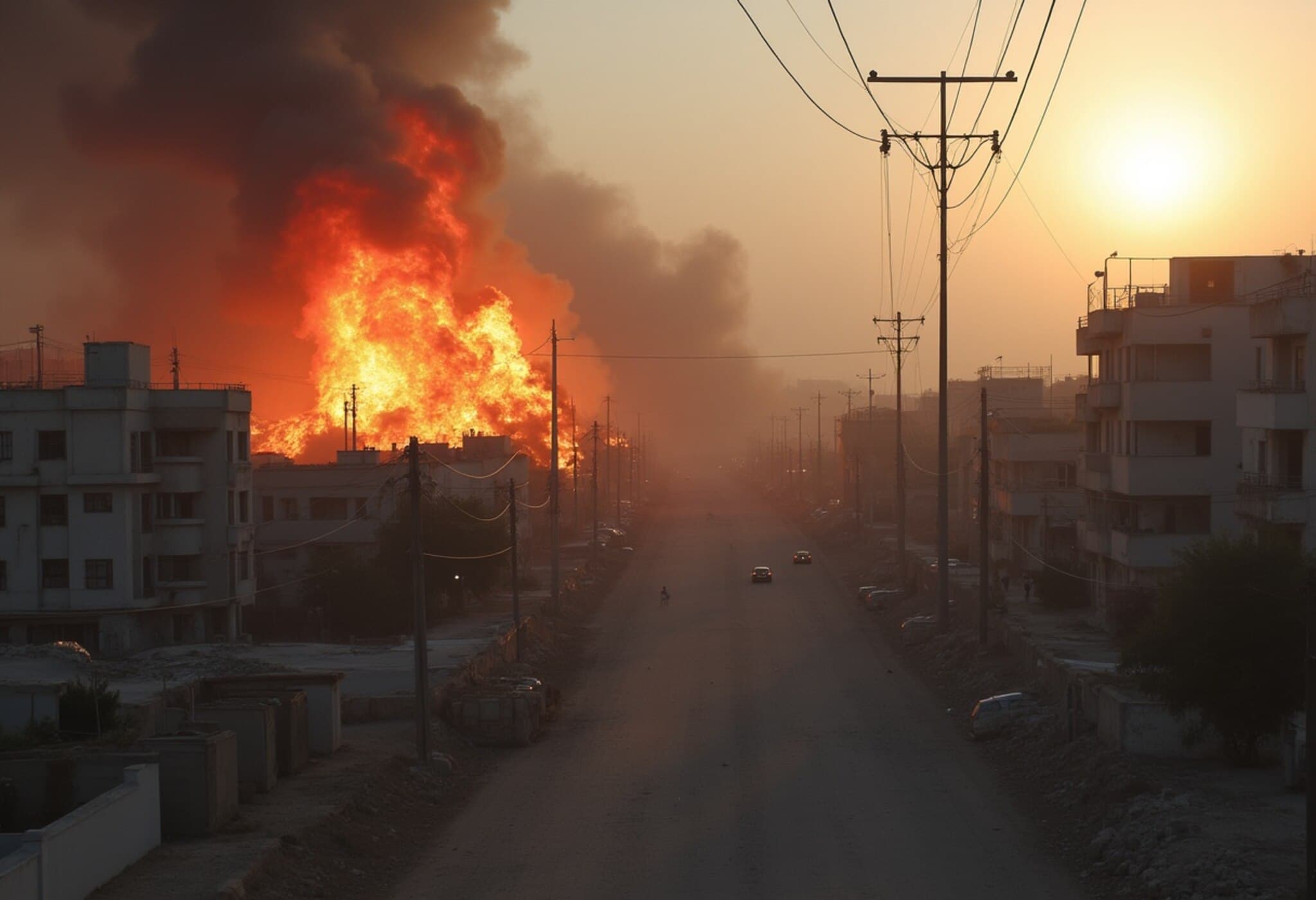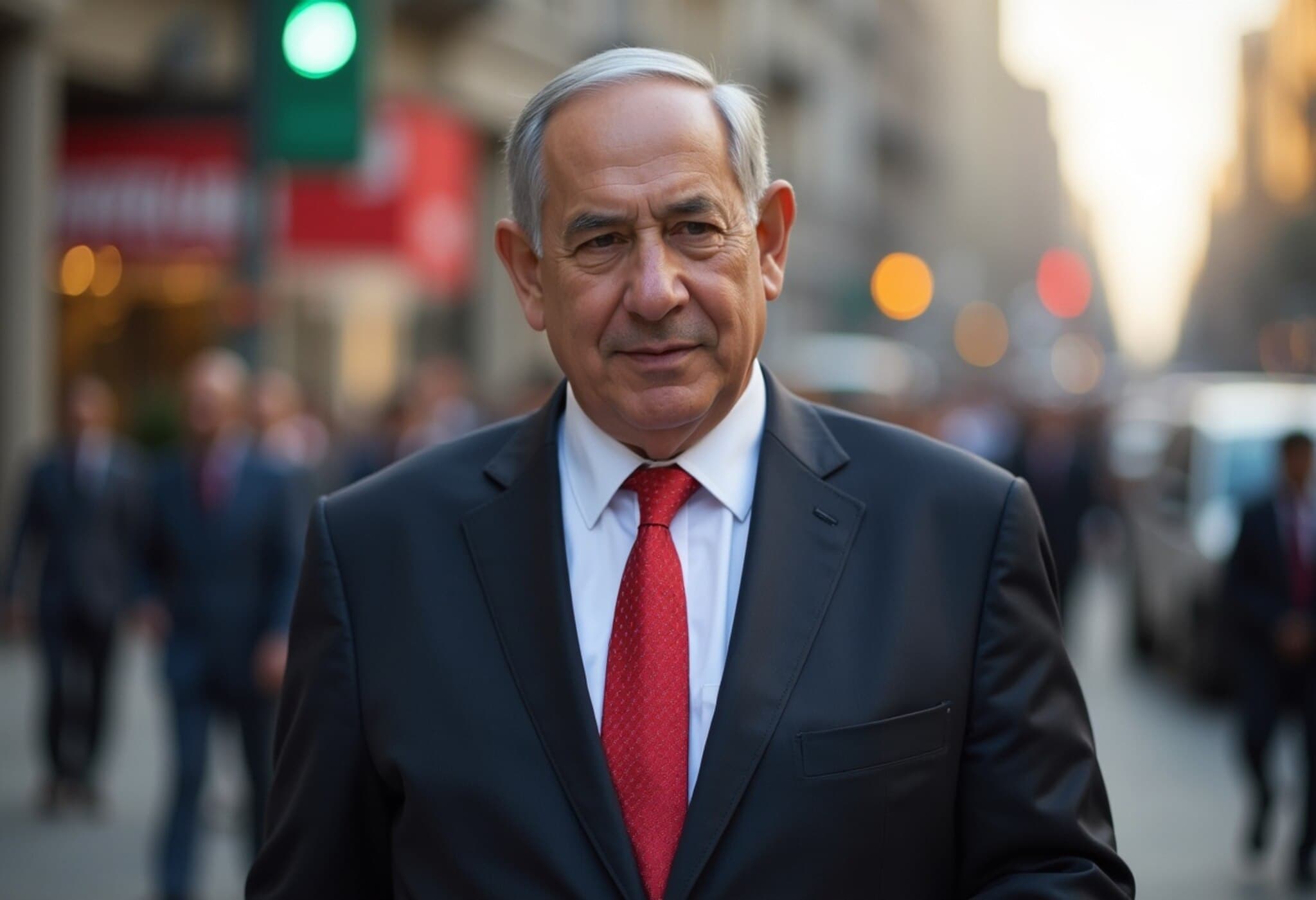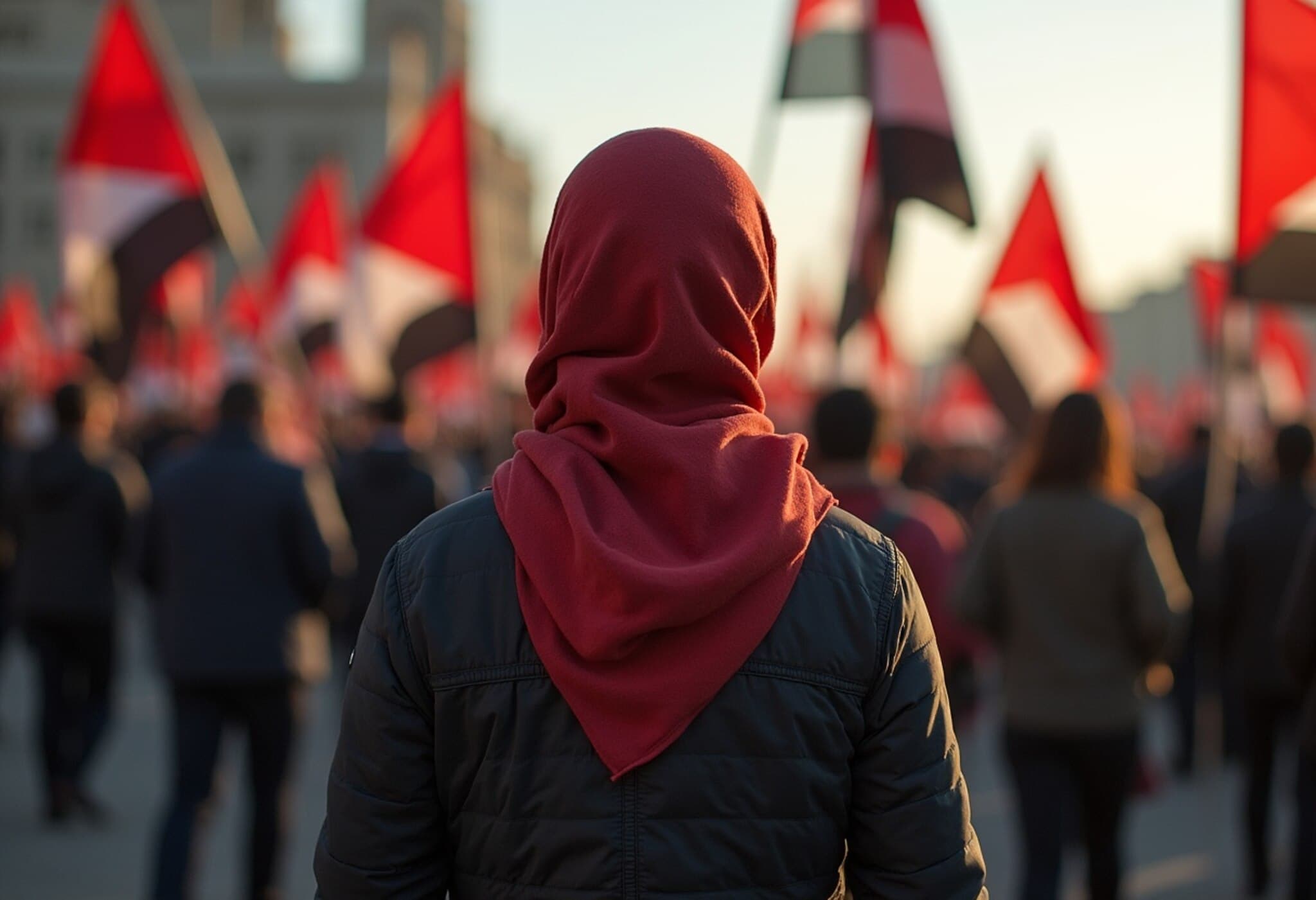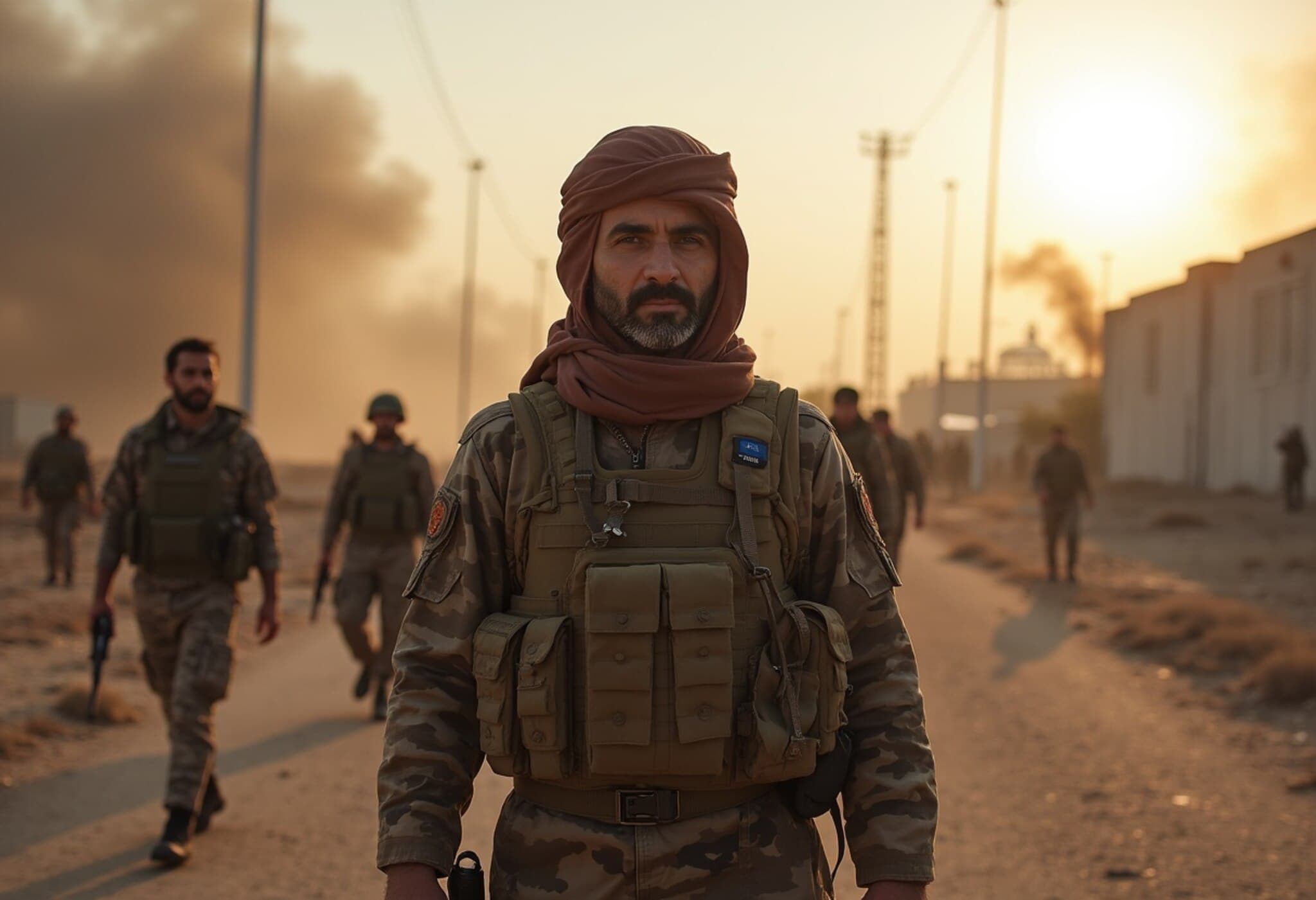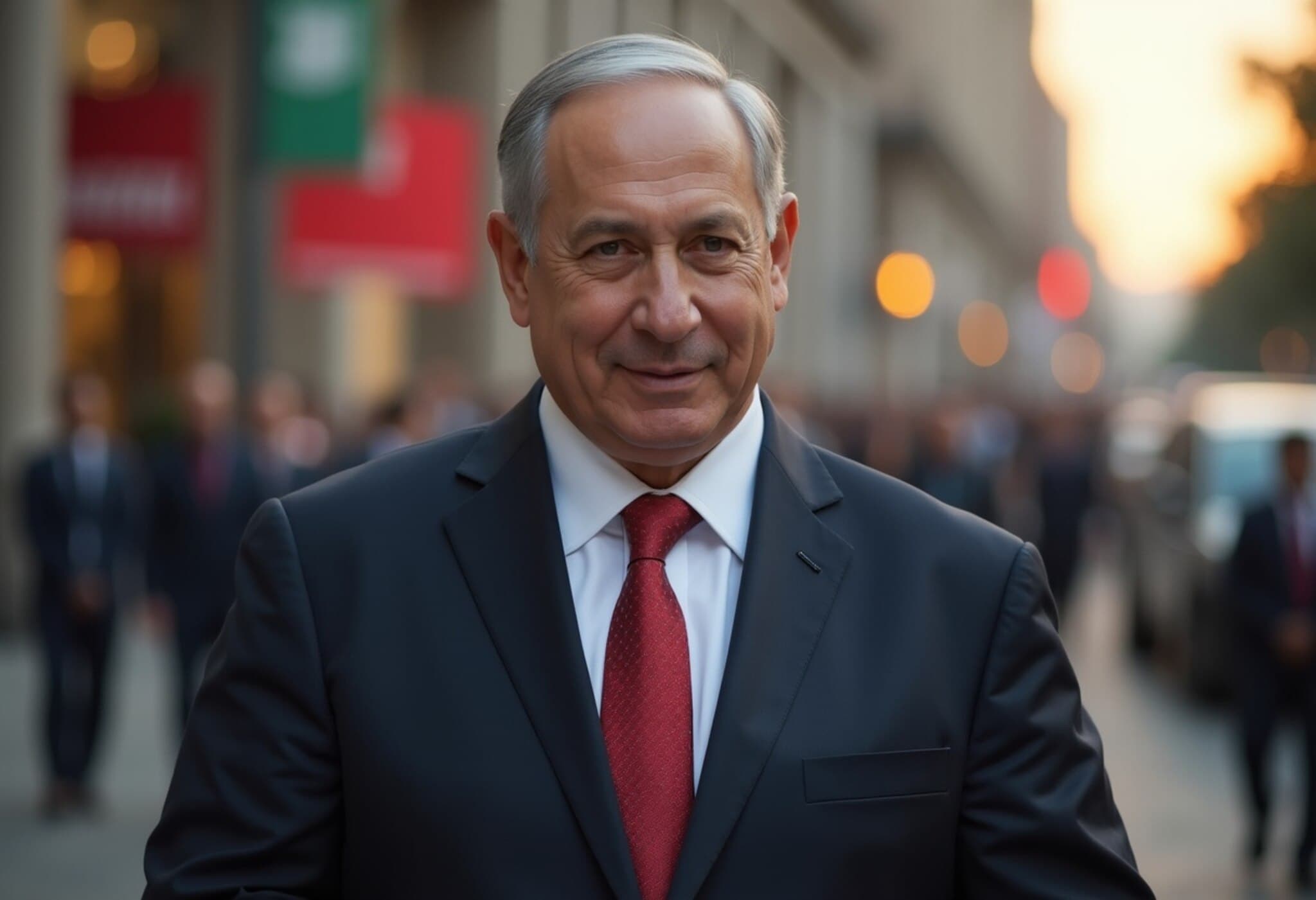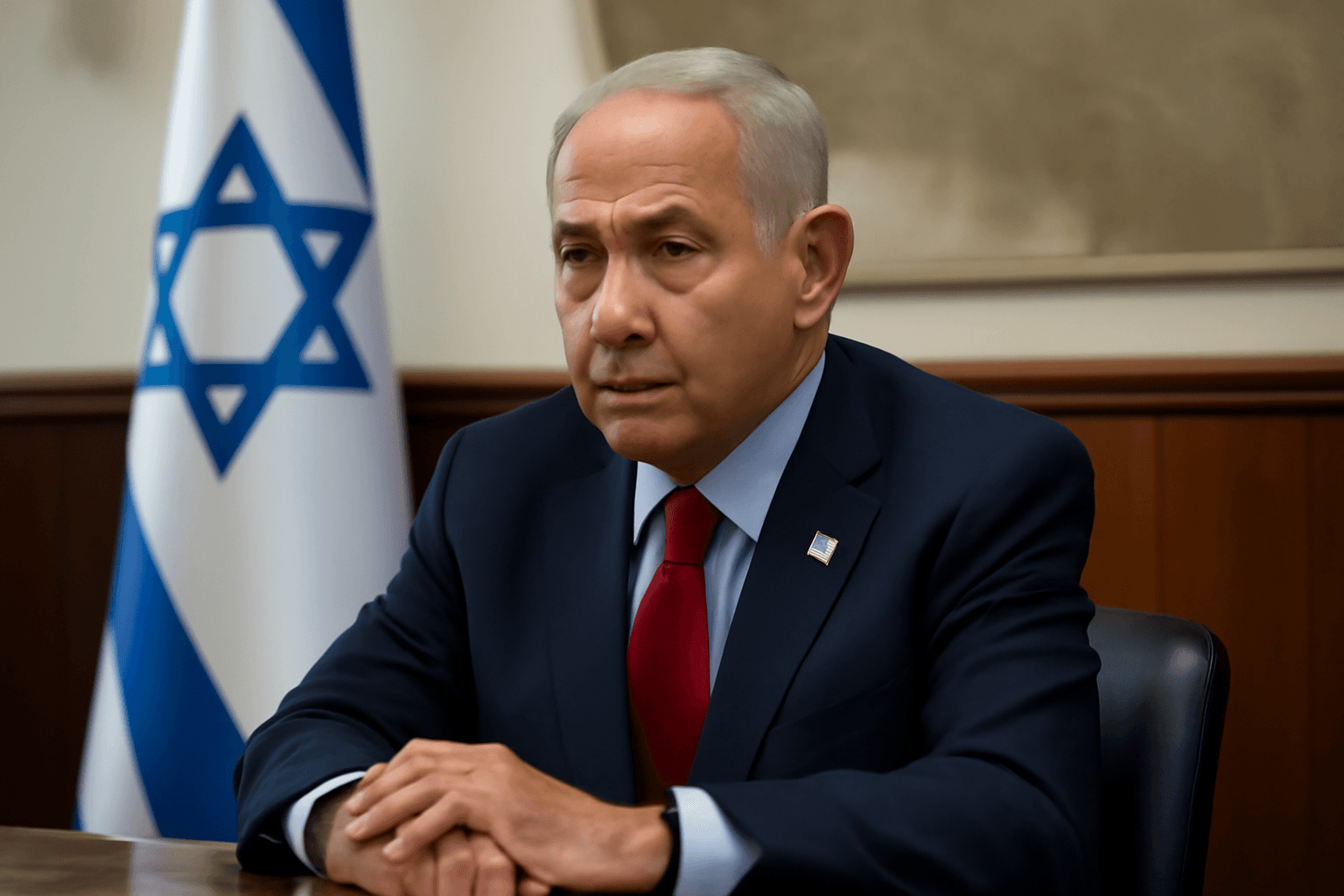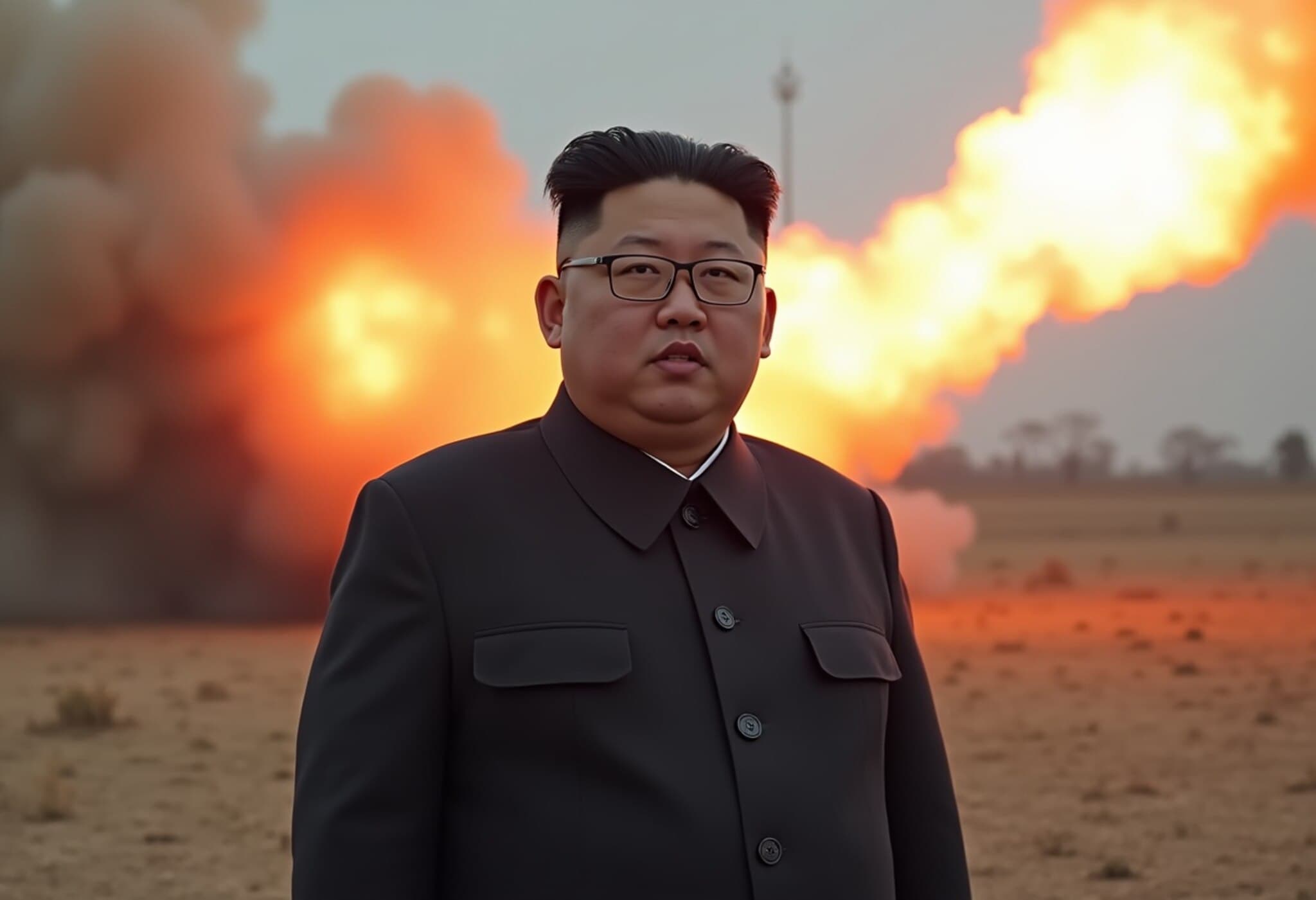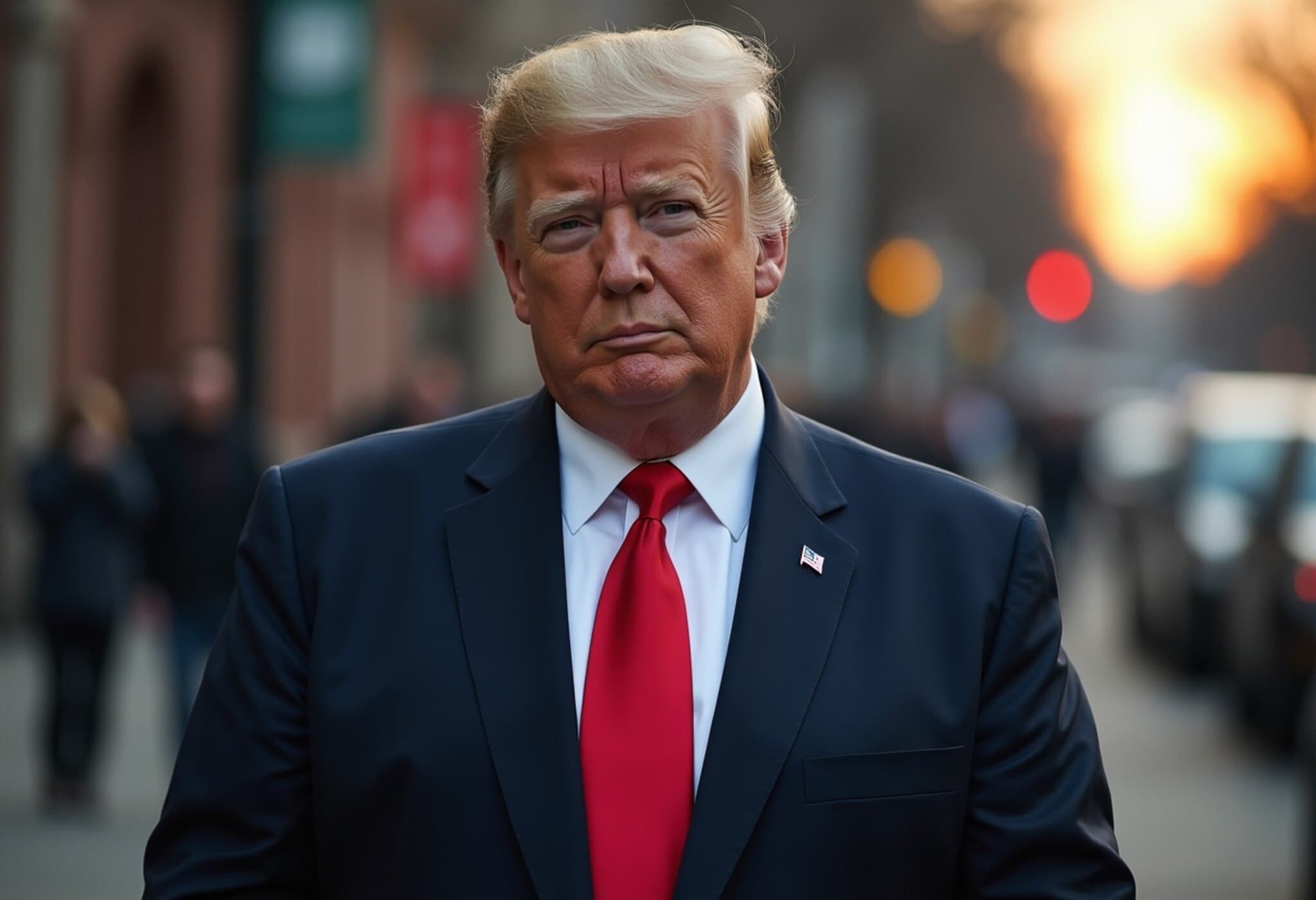Former Defence Minister Benny Gantz Calls for Political Truce to Break Gaza Hostage Stalemate
In a bold move underscoring the mounting pressures within Israel’s political landscape, ex-defence minister Benny Gantz publicly urged Prime Minister Benjamin Netanyahu to form a unity government. His proposal aims to bypass the entrenched resistance from far-right coalition members and push forward a hostage release deal with Hamas, the Palestinian group holding dozens of Israelis captive in Gaza.
Coalition Fragility and Political Deadlock
Since Hamas's devastating surprise attack in October 2023—which ignited the ongoing conflict in Gaza—Netanyahu’s government has relied heavily on far-right parties known for their uncompromising stance against negotiating with Hamas. This reliance has effectively blocked attempts at brokering a ceasefire or prisoner swap, leaving hostages' families and wider Israeli society in increasing despair.
Gantz, once a political rival but previously part of Netanyahu’s early war cabinet, now advocates for a temporary coalition government that would sideline these far-right factions, aiming squarely at humanitarian objectives over political posturing. "I stand here for the hostages who cannot speak; for the soldiers whose cries go unheard by this government," Gantz stated during a televised press conference, appealing to key opposition leaders Yair Lapid and Avigdor Lieberman to join forces.
Opposition Pushback and Coalition Tensions
While Lapid and Lieberman have historically been reluctant to join any Netanyahu-led setup, Gantz’s call highlights cracks within the political impasse, compounded by recent tensions in the coalition over military drafts involving ultra-Orthodox students. The coalition’s stability is further jeopardized as these parties threaten to withdraw support, signaling potential government collapse after the parliamentary recess.
National Security Minister Itamar Ben-Gvir, a key figure in the far-right bloc, dismissed Gantz’s proposal outright. He framed the political contest as a clear binary choice, declaring, "Right-wing voters chose victory, not Gantz’s centrist policies or any surrender deals." This response, while resolute, reflects the deep polarization gripping Israeli politics amid the protracted conflict.
Public Outcry and the Human Cost of Inaction
On the streets, thousands of Israelis have voiced their frustration through protests, especially in Tel Aviv where families of hostages demand immediate government action to secure their release. Yotam Cohen, whose brother Nimrod remains captive, accused the government of jeopardizing lives rather than protecting them. "Instead of saving lives, Netanyahu is sentencing the living hostages to death," he said emotionally.
The humanitarian stakes are staggering. Out of 251 hostages taken in the 2023 attack, 49 remain in Gaza, with 27 confirmed dead according to the Israeli military. The conflict has also left Israel grappling with the symbolic trauma of militants holding remains of soldiers from previous wars, underscoring the tragic cyclical nature of this conflict.
An International Crossroads: Negotiations and Military Operations
Meanwhile, international mediators have extended ceasefire proposals, which Hamas has reportedly accepted, only to await Israel’s response that has yet to come. This diplomatic limbo persists even as Netanyahu’s security cabinet has greenlit an intensified military offensive targeting Gaza City, a decision that has sparked profound anxiety about worsening humanitarian conditions and further endangering hostages.
The emerging question is whether political courage can override ideological divides to prioritize human lives over political victories. Gantz’s proposition offers a potential path—but whether it resonates beyond political posturing remains uncertain.
Expert Insight: Navigating Israel’s Political Quagmire
From a policy perspective, the ongoing deadlock illustrates the challenges of governance in a deeply polarized democracy under existential threat. Experts note that while political consensus is difficult, especially during national crises, inclusive governance may be the key to unlocking diplomatic breakthroughs. The United States and allied mediators watch closely, understanding that resolution may hinge on Israel’s internal willingness to compromise.
Moreover, the social fabric of Israel faces strains as prolonged conflict exacerbates divisions not only between political parties but among the citizenry itself—highlighting the need for leadership that balances security imperatives with compassionate neutrality.
Summary
- Benny Gantz urges Netanyahu to form a unity government to negotiate Gaza hostage release.
- Netanyahu’s coalition relies on far-right parties opposing negotiations with Hamas.
- Coalition's fragility worsens amid military draft disputes and political disagreements.
- Thousands of Israelis protest demanding action for hostages amid intense military escalation.
- International mediators await Israel’s response to Hamas-accepted ceasefire proposal.
Editor’s Note:
This unfolding situation raises critical questions about the intersection of security, politics, and humanitarianism in conflict zones. Will Israel’s leadership find the political will to unite beyond partisan divides and prioritize the lives of hostages and civilians? How will this impact the long-term stability of the region? Readers are encouraged to reflect on these complexities amid rapidly evolving events.

